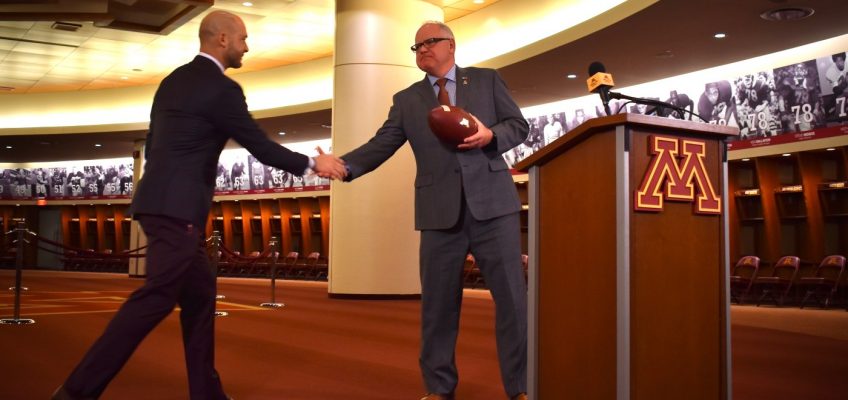Park Crossing, a 19-unit apartment complex at 1068 Raymond Ave., has provided three-bedroom and two-bedroom residences for low-income families since its construction by Project for Pride in Living in 1991.
Following a property sale driven by an operating loss, the building will continue to offer below-market rents for at least five more years, but under terms that are not quite as affordable, and up to 11 families may have to move.
The St. Paul City Council met as the city’s Housing and Redevelopment Authority on Wednesday and approved extending a long-standing, low-interest loan to the new ownership partnership, Joseph Hughes of Union Park Management and JF Development, which is run by Judd Fenlon. Both men own several properties in St. Paul that are considered “naturally occurring affordable housing,” or below-market rate because of their age, but this will be their first acquisition of designated affordable housing in which rents are officially capped through binding covenants related to a city loan.
Project for Pride in Living had limited rents to no more than 50% of area median income, but was unable to maintain the building or pay its $525,000, 30-year deferred HRA loan back to the city by July 2021. Even at just 2% interest, that debt has grown to $878,000.
“In recent years, the project has been operating at a loss and the project has expended all available reserves,” reads a city HRA staff report. “PPL has funded the operating shortfalls and invested $350,000 to replace the roof, siding, windows and add a new camera security system. PPL has modeled a 15-year proforma with rents at 50% AMI and has shown that the project will not be able to cashflow at current rent restrictions.”
Project for Pride in Living recently agreed to sell the property to Hughes and Fenlon, who said they will increase rents to no more than 60% of area median income through at least September 2029 to keep it financially viable. As a result of Wednesday’s HRA vote, the loan was extended to that time and was subordinated to a new mortgage lender.
If need be, Project for Pride in Living will relocate residents who are in good standing with rent payments to other affordable housing complexes in their portfolio by Dec. 31, though a project manager acknowledged that several families have fallen behind.
Currently, five units at Park Crossing are being intentionally held vacant through the time of the sale. Three households have tenant-based federal Section 8 housing vouchers and are not expected to be impacted by rent increases.
Related Articles
The YIMBY push for multifamily housing hits a ‘nope’ from homeowners
Rent is eating up a greater share of tenants’ income in almost every state
US mortgage rates drop to two-year low ahead of Fed rate cut
Experts: How Harris and Trump’s plans could impact housing affordability
St. Paul on pace for worst residential construction season in more than a decade




